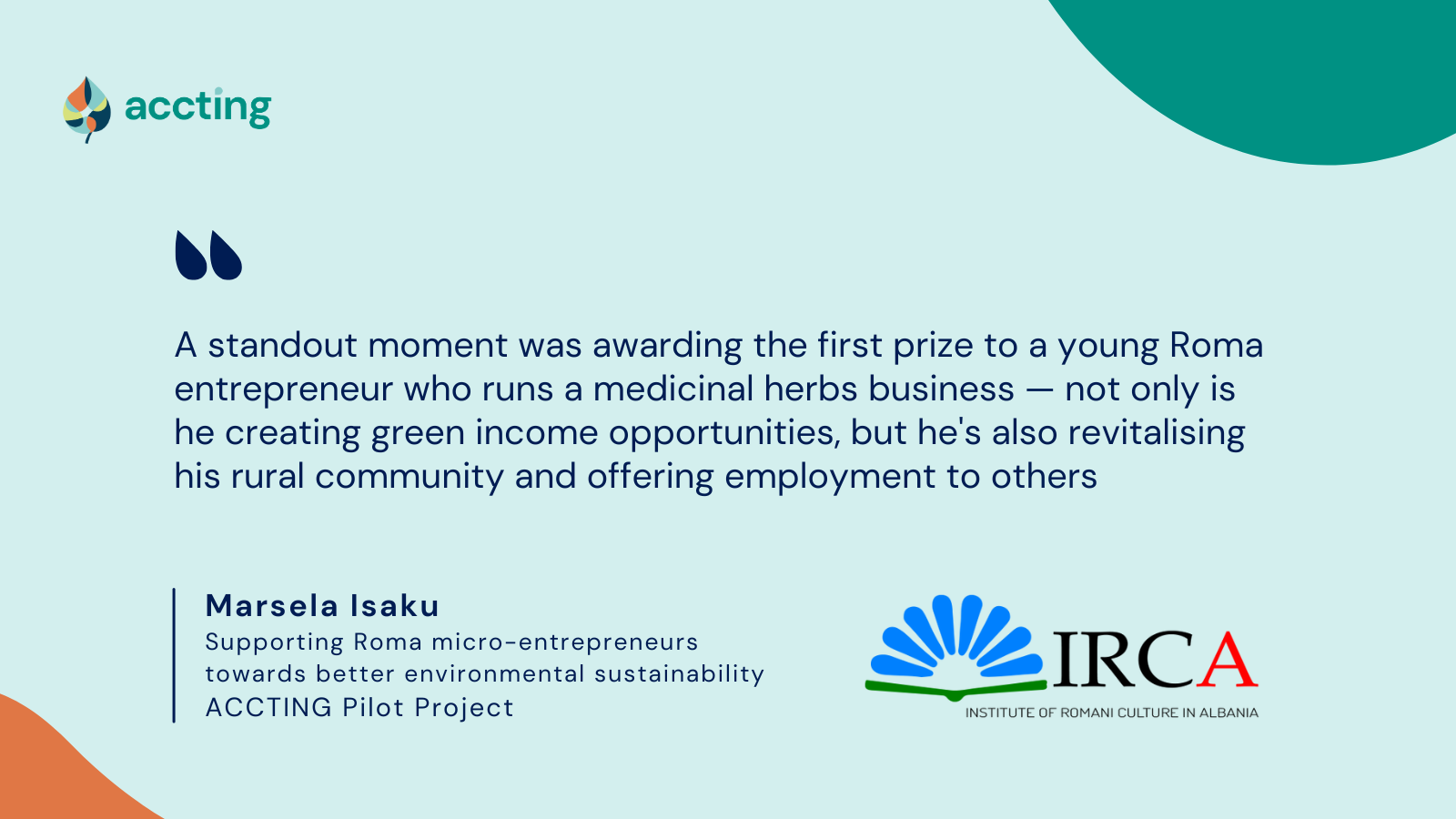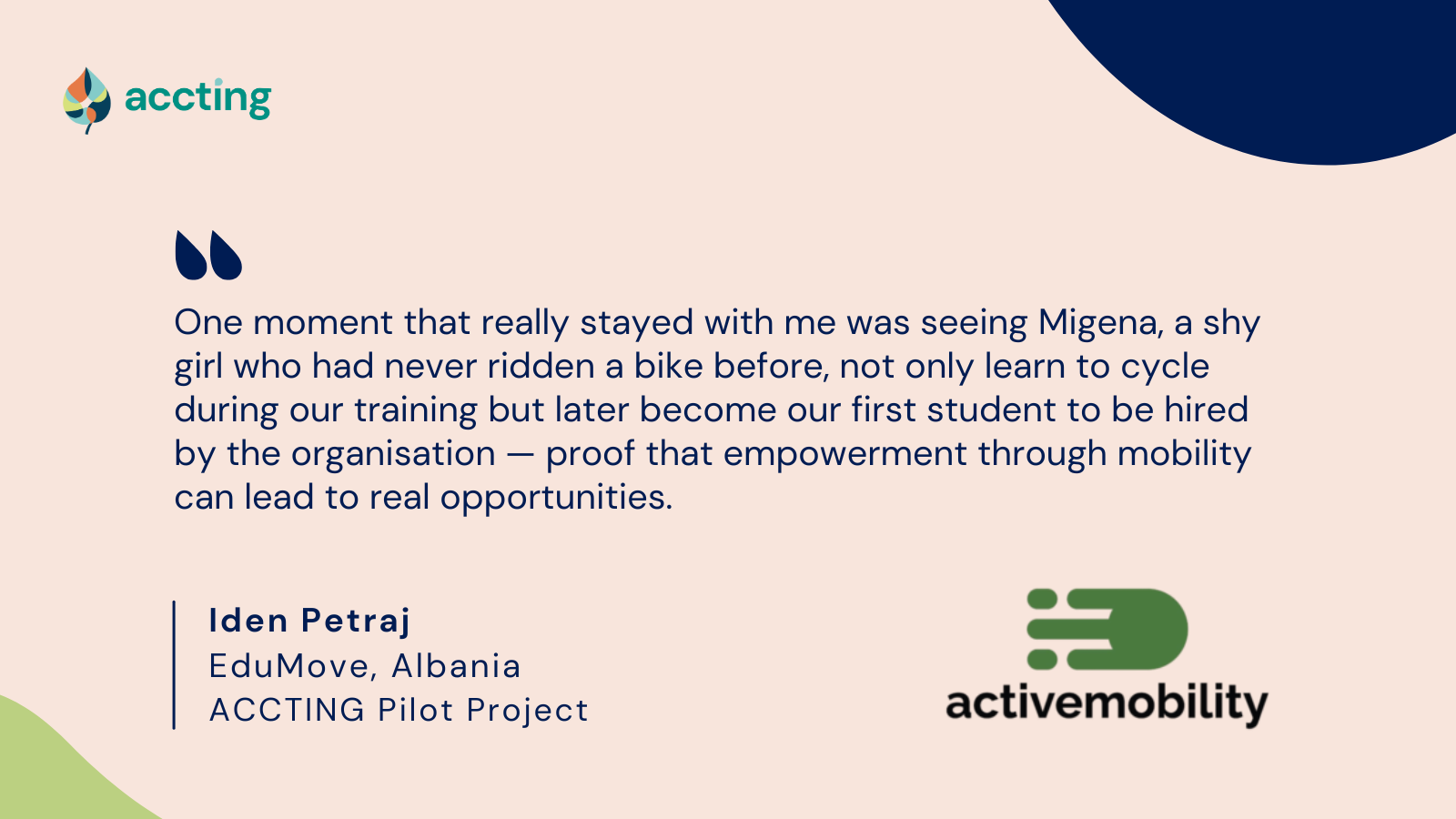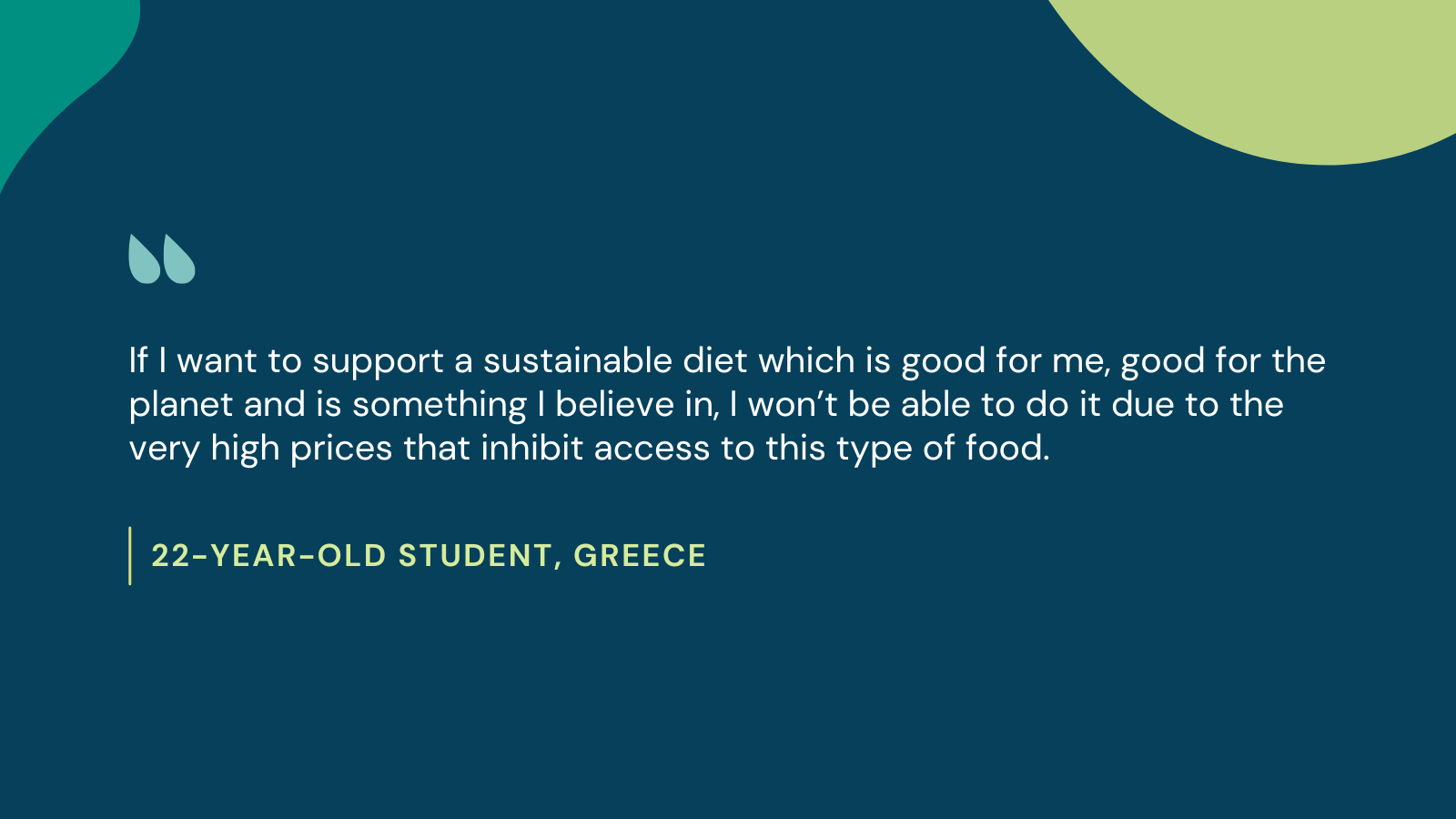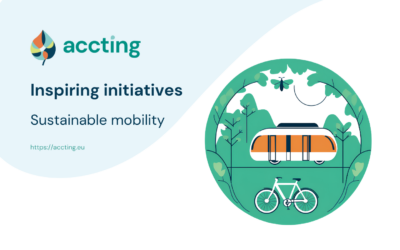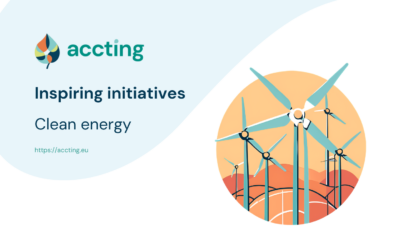ACCTING aims to understand how Green Deal policies impact vulnerable groups to help prevent the worsening of inequalities in the green transition. Now in its second cycle, the project has selected case studies that explore real-world initiatives addressing the involvement of vulnerable communities in sustainability initiatives
Universitetets Energifællesskab: Crowdfunding Solar Energy
The initiative started from the EU project AURORA, endeavouring to implement energy communities at 5 European universities and local district councils. In Aarhus, Denmark, this led to the creation of Universitetets Energifællesskab (UEF), Aarhus’ first energy community, officially registered with the Danish Business Authority in September 2023. At the heart of UEF is the installation of rooftop solar photovoltaic panels on Aarhus University’s campus. The project follows the Danish cooperative model (andelstanken) allowing participants to become co-owners of the solar energy installation by purchasing shares in the cooperative. Members of the cooperative receive annual economic returns based on the shares they own, which adds a financial incentive to their environmental participation. The electricity generated by the solar panels is sold back to Aarhus University at a fixed price, ensuring a sustainable and economically viable energy source for the campus.
Solar photovoltaic panels on Aarhus University’s rooftop
The role of students in the energy transition
While energy poverty may not be as pronounced in Aarhus as it is in other regions, students are considered a vulnerable group as most do not own homes and lack the financial resources to invest in green projects. To address this, UEF has set a low cost for shares, allowing students to participate in the energy community and take an active role in the green transition without significant financial barriers. This inclusivity ensures that students, often an overlooked group in major energy projects, have a stake in shaping a sustainable future while gaining hands-on experience in renewable energy initiatives.
An inspiring community based on active participation
One of UEF’s defining features is its commitment to community participation. Citizens of Aarhus, particularly AU students and staff, are not only co-owners of the solar installation but are also deeply involved in the decision-making process. Meetings, discussions, and workshops are held to foster a deeper understanding of the energy sector and its impact on climate change and inform members about the project’s progress. The project actively communicates through social media (in English), ensuring that the broader community stays informed and engaged.

The founders of the cooperative
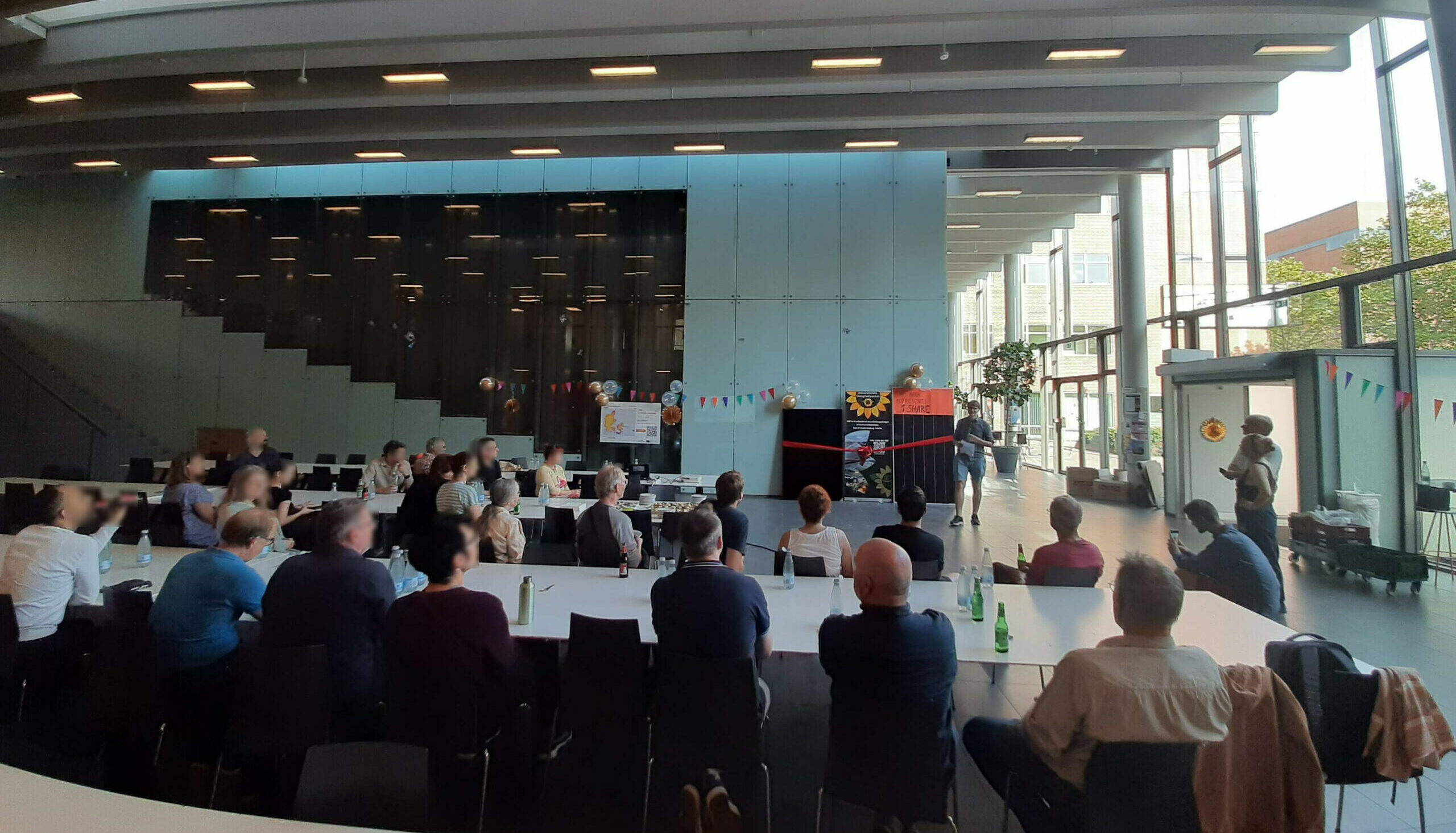
The inauguration at Aarhus University
The project is not only a success for Aarhus University and the city of Aarhus but also an inspiring example of how cities can involve their residents in the green transition. By adopting a cooperative, citizen-led approach to energy production, UEF demonstrates that even groups with limited financial resources, like students, can have a meaningful role in contributing to climate goals.
To know more:
Pictures: ©UEF [used with permission]

